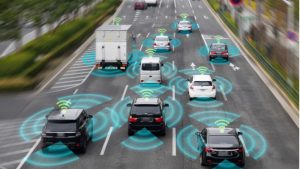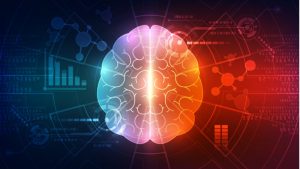Shortly after announcing it was moving to online learning due to a spike in COVID-19 cases, Rice University in Texas learned that there was an issue with the COVID-19 tests the school was using.
Alongside the start of the new school year, the Department of Education’s Office for Civil Rights informed school superintendents that it will administer a 2021-2022 Civil Rights Data Collection (CRDC).
Just as the fall semester has gotten underway, Rice University in Texas announced that the school will move to online instruction for at least the first two weeks of the semester.
Michigan and Ontario, Canada, announced the expansion of their longstanding collaboration on transportation and cross-border activities to advance automotive and mobility technologies and help people and goods move safely and efficiently across the border by land, air, and water.
Researchers at the University of California, Berkeley’s Center for Long-Term Cybersecurity have released a new set of recommendations to help governments of all levels evaluate the potential risks and harms associated with new artificial intelligence (AI) technologies.
State and local government IT spending in the United States is projected to total near $120 billion in 2021 – up about 10 percent on a year-over-year basis – and rising to $122 billion in 2022, according to figures published by Government Technology earlier this month.
Creating a culture of innovation is essential to government success, according to both Federal and state government officials. During a recent GovLoop webinar, Carlos Rivero, chief data officer for the Commonwealth of Virginia, and Jason Barke, acting principal deputy associate director for employee services at the Office of Personnel Management (OPM), explained that a culture of innovation has to begin with a leadership mindset change to both encourage innovation and reduce the fear of failure.
During the ongoing COVID-19 pandemic, state unemployment insurance (UI) systems have been stressed to their limits, and have been used to help nearly 53 million workers nationwide.
Though government officials are increasingly urging organizations to not pay a ransom following a successful cyberattack, the majority of parents want their child’s school to pay the ransom in the event of the attack.
With the COVID-19 pandemic changing the work landscape, potentially forever, cybersecurity officials are advising that workplaces prepare to build resiliency into these hybrid work landscapes and make sure they are working strategically to secure the connections.











